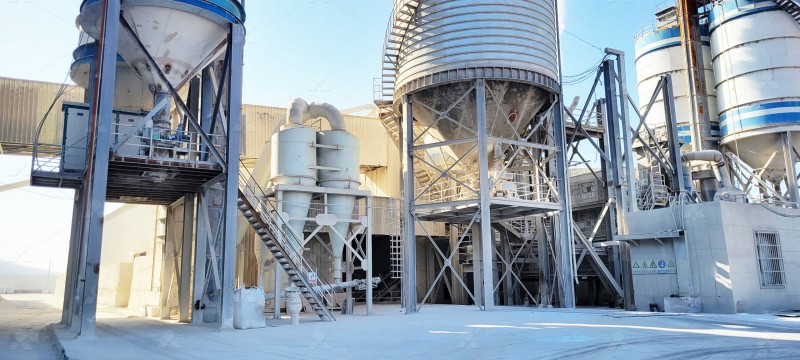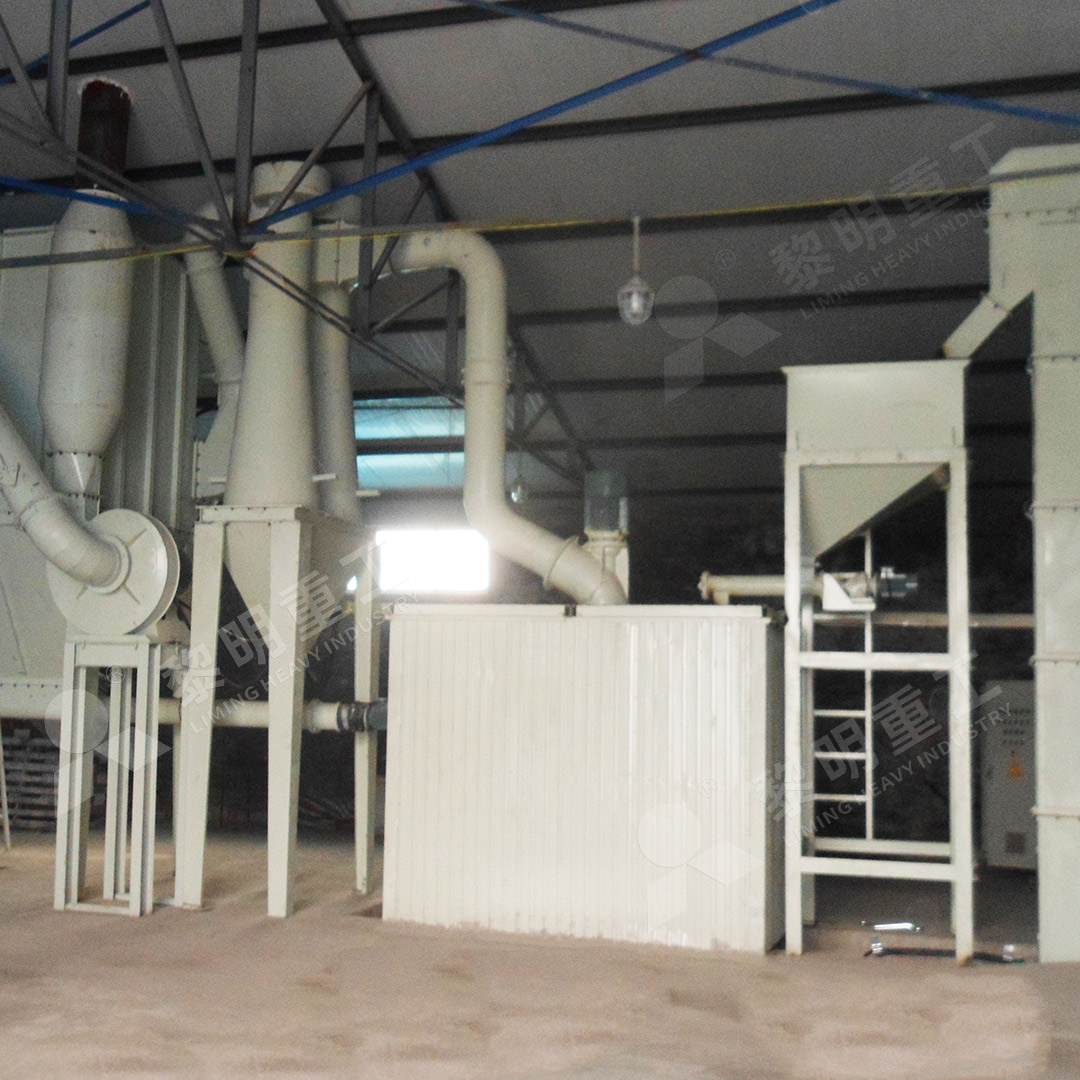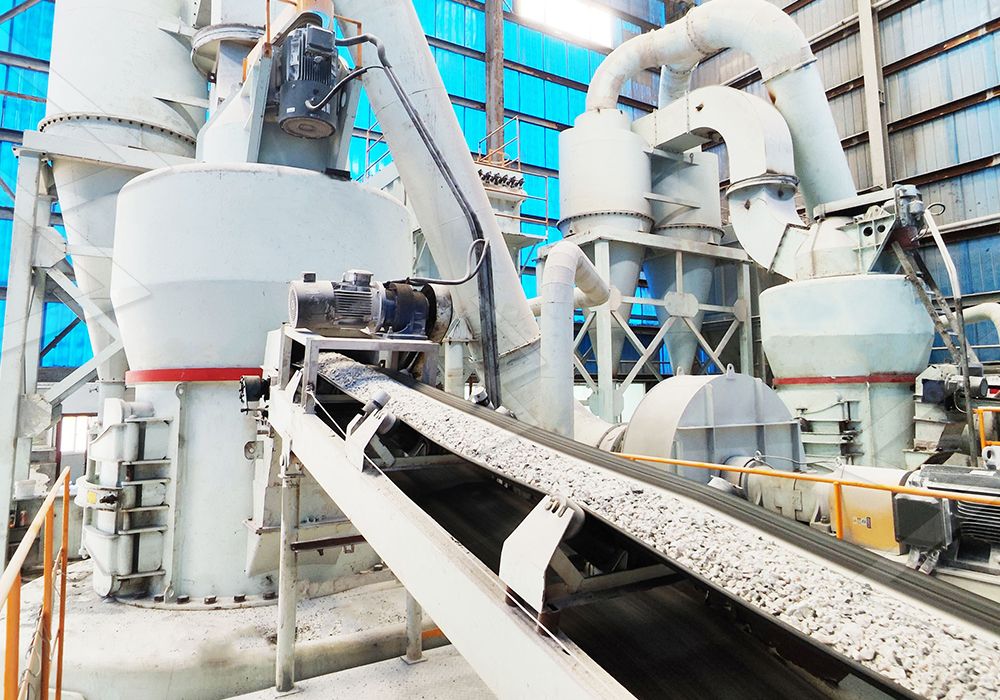Bentonite Grinding Mill Plant Price and Configuration Guide
We provide a wide range of mills — including Raymond mill, trapezoidal mill, vertical mill, ultrafine mill, and ball mill, obtained ISO9001 international quality certification, EU CE certification, and Customs Union CU-TR certification. Suitable for processing minerals such as limestone, phosphate, quicklime, kaolin, talc, barite, bentonite, calcium carbonate, dolomite, coal, gypsum, clay, carbon black, slag, cement raw materials, cement clinker, and more.
The discharge range of these mills can be adjusted to meet specific processing needs, typically from 80-400 mesh, 600-3250 mesh, and can achieve the finest particle size of up to 6000 mesh(D50).
If you are looking for a reliable grinding solution to turn stone or minerals into fine powder, please feel free to contact our online customer service.
Bentonite Grinding Mill Plant Price and Configuration Guide
When planning a bentonite processing operation, selecting the right grinding equipment represents one of the most critical decisions that will impact your long-term profitability and product quality. The choice depends on multiple factors including required fineness, production capacity, energy efficiency, and overall investment budget. This guide provides professional insights to help you navigate these decisions.
Understanding Bentonite Grinding Requirements
Bentonite clay presents unique challenges in grinding operations due to its moisture content, plasticity, and varying hardness. Traditional grinding mills often struggle with material buildup and inconsistent particle distribution. Modern grinding technology has evolved significantly to address these specific challenges while improving energy efficiency and operational stability.

The ideal grinding solution for bentonite should offer adjustable fineness control between 325-2500 meshes, consistent output quality, and minimal maintenance requirements. Environmental considerations are equally important, as dust control and noise reduction directly impact operational compliance and workplace safety.
Key Equipment Selection Factors
When evaluating grinding mills for bentonite processing, consider these crucial aspects:
- Production Capacity: Match your required throughput (0.5-25 tph for most operations)
- Final Product Fineness: Ensure the equipment can achieve your target particle size distribution
- Energy Consumption: Modern mills can reduce power consumption by 30-50% compared to traditional designs
- Operational Stability: Look for features that minimize vibration and mechanical stress
- Maintenance Requirements: Equipment with external lubrication systems and easy-access components reduces downtime
Recommended Solution: MW Ultrafine Grinding Mill
For operations requiring high-precision bentonite powder with excellent particle distribution, our MW Ultrafine Grinding Mill represents an optimal solution. This advanced system processes materials with input sizes up to 20mm and delivers capacities ranging from 0.5 to 25 tph, making it suitable for both medium and large-scale operations.

The MW Series incorporates German cage-type powder selector technology, enabling precise fineness adjustment between 325-2500 meshes. Its innovative design eliminates rolling bearings and screws from the grinding chamber, significantly reducing maintenance concerns and potential contamination risks. The integrated pulse dust collector ensures environmentally compliant operation with minimal dust emissions.
Alternative Option: LUM Ultrafine Vertical Grinding Mill
For operations with space constraints or specific vertical configuration preferences, the LUM Ultrafine Vertical Grinding Mill offers exceptional performance with input sizes up to 10mm and capacity ranging from 5-18 tph. This mill integrates Taiwanese grinding roller technology with German powder separation systems, delivering superior grinding efficiency with energy consumption reductions of 30-50% compared to conventional mills.
The LUM series features double position-limiting technology that prevents destructive impacts during operation, while its reversible structure simplifies maintenance procedures. This design allows operators to easily move grinding rollers out of the body for inspection and replacement, significantly reducing shutdown time.
Investment Considerations and Total Cost of Ownership
When budgeting for a bentonite grinding plant, look beyond the initial equipment price to consider the total cost of ownership. Advanced grinding systems typically command a higher initial investment but deliver substantial savings through reduced energy consumption, lower maintenance costs, and higher product quality consistency.

Operational efficiency directly impacts your bottom line. Modern grinding mills can increase production capacity by 40% or more while consuming less power per ton of processed material. Additionally, features like external lubrication systems and digital monitoring capabilities further reduce operational expenses through predictive maintenance and reduced downtime.
Frequently Asked Questions
What is the typical price range for a complete bentonite grinding plant?
Plant costs vary significantly based on capacity and configuration, ranging from $150,000 for basic systems to over $1,000,000 for large-scale, fully automated operations. Request a custom quotation based on your specific requirements.
How does the MW Ultrafine Grinding Mill handle bentonite’s moisture content?
The MW series incorporates advanced drying capabilities that efficiently process bentonite with moisture content up to 15% without requiring separate drying equipment in most cases.
What maintenance intervals can we expect with the recommended grinding mills?
Our MW and LUM series grinding mills typically require major maintenance every 8,000-10,000 operating hours, with routine inspections recommended every 500-1,000 hours depending on operating conditions.
Can these grinding systems produce multiple bentonite product grades simultaneously?
While single systems typically produce one fineness grade at a time, our advanced separation technology allows quick adjustment between different product specifications with minimal transition time.
What technical support is available after installation?
We provide comprehensive after-sales support including original spare parts supply, remote technical assistance, and on-site service when required to ensure worry-free operation.
